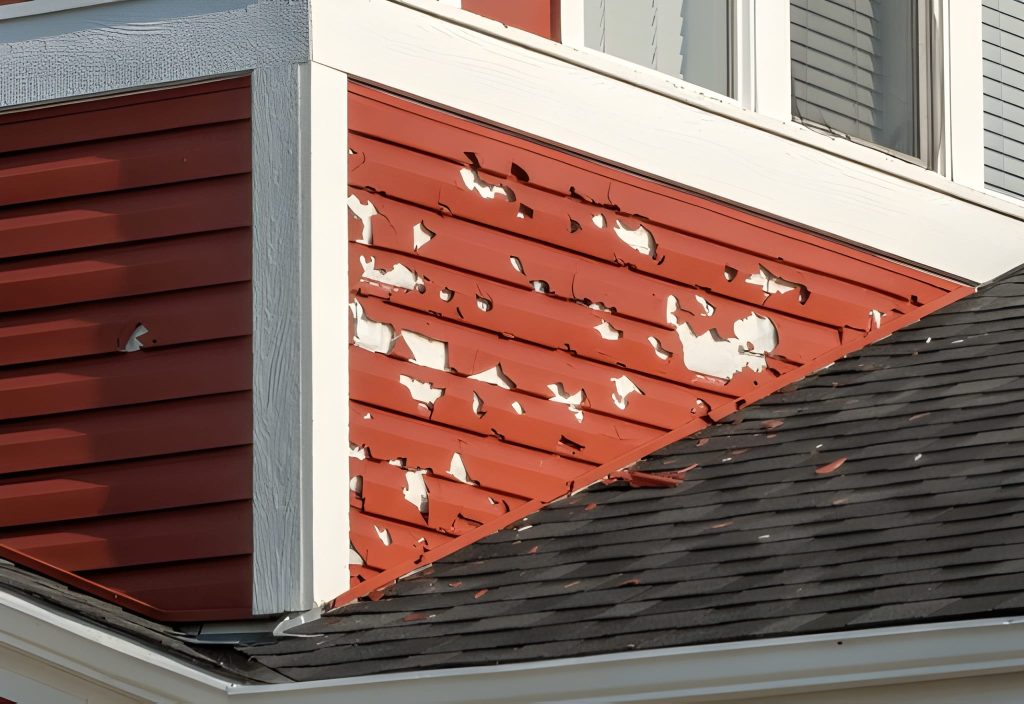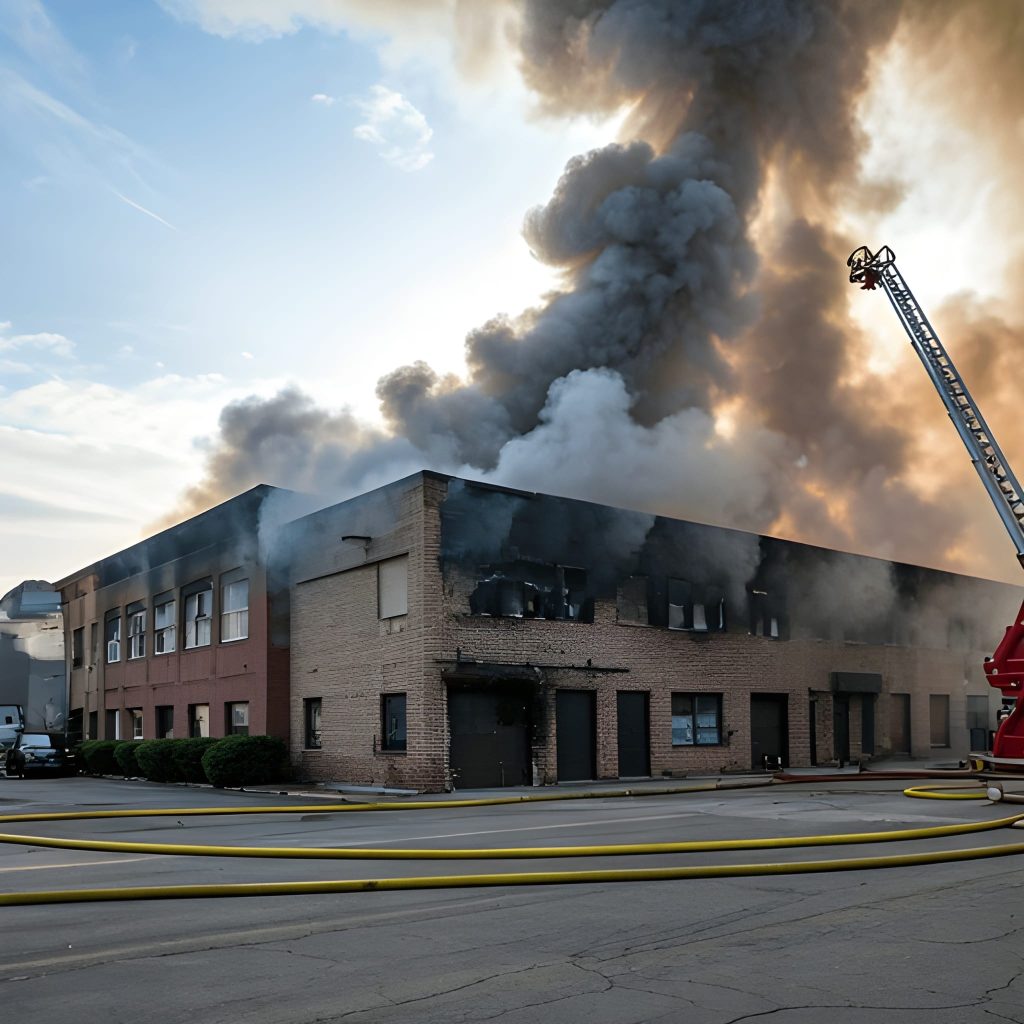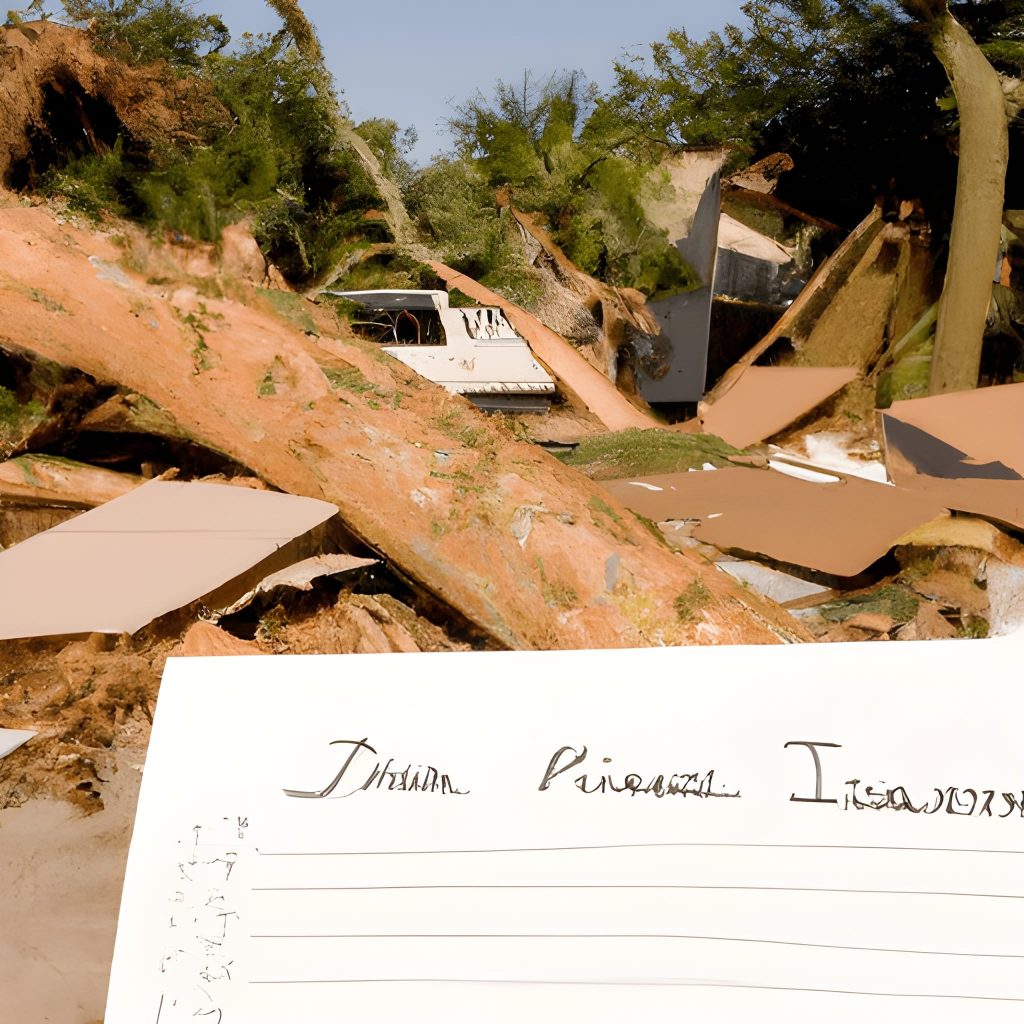Property Damage Insurance Attorneys
Fighting for Fair Compensation When Insurance Companies Fall Short
When disaster strikes your home or business—whether from hail, fire, windstorms, or water damage—your insurance policy should provide the protection and peace of mind you paid for. Unfortunately, insurance companies often fall short of their promises, denying valid claims or offering settlements far below the actual cost of repair and replacement. At Torry Law Group, we hold carriers accountable and fight to secure the full compensation you deserve.
Fighting for Fair Compensation When Insurance Companies Fall Short

Hail Damage Claims
Hail damage is one of the most underestimated threats to property. While some damage is immediately visible—holes, punctures, or sudden leaks—the most dangerous impacts often remain hidden. Hailstorms compromise critical weatherproofing materials and structural integrity, creating a cascading effect that weakens your property over time and leads to far more costly failures down the road.
A compromised roof can result in interior water damage, mold growth, weakened structural support systems, and life safety issues when the roof fails to protect against future extreme weather. Hail doesn’t stop at roofs—it damages siding, window trim, HVAC systems, and other exterior components. For commercial properties, hail can cause millions of dollars in damage to expansive roofing systems and lead to significant business losses due to tenant displacement or operational downtime.
Many policyholders are unaware of the full extent of damage hailstorms can cause—and insurance companies exploit this lack of awareness, downplaying severity or denying legitimate claims outright.
Commercial Large Loss Claims
Commercial property losses present unique challenges compared to residential damages. While perils may be similar, the scale of damage, policy complexity, and extended claims processes make commercial claims far more intricate. These losses aren’t just about repairing tangible damage—they’re about safeguarding livelihoods.
Commercial property owners pay significantly higher premiums and expect coverage and service that reflects this investment. However, when large losses occur, carriers often leverage your priorities—speed, efficiency, and cost control—to pressure you into accepting less than you deserve. The financial impact extends beyond multi-million-dollar property damage to include loss of business income, tenant income disruptions, and complete loss of use of insured structures.
Many commercial policyholders have the resources to address losses directly but hesitate to engage in complex claim disputes, making them vulnerable to carrier tactics that delay or deny full payouts. Insurance companies exploit this, assuming you’ll give up to avoid prolonged disputes.


Fire & Smoke Damage Claims
Fire devastation extends far beyond visible destruction. Smoke infiltrates walls, HVAC systems, and furniture, creating long-term health risks and requiring expensive restoration efforts. Commercial properties face additional challenges including business interruptions and tenant-related damages.
Insurance companies frequently dispute the cause of fire to claim negligence or excluded causes, undervalue losses by failing to account for structural integrity and smoke remediation, and deliberately delay claims, leaving policyholders in financial limbo.
Hurricane & Windstorm Damage Claims
Windstorm damage—from hurricanes, tornadoes, straight-line winds, and severe thunderstorm microbursts—can produce winds exceeding 50 mph, causing extensive property damage. While some damage is immediately noticeable (missing shingles, torn roofing, broken windows), windstorms often cause unseen structural issues that pose significant long-term risks:
- Compromised roofing: Zippered shingles, lifted tiles, or loose metal sheeting with pulled nails and fasteners make roofs vulnerable to future storms
- Weakened weather seals: Stress to weatherproof barriers on windows, roof penetrations, and joints leads to leaks and reduced energy efficiency
- Structural stress: Side-load forces cause internal damage including ceiling and wall cracks, misaligned doors and windows, and weakened foundations
- Exterior surface damage: Loss of brick, stucco, or other materials compromises structural integrity and appearance
Each issue jeopardizes your property’s weatherproofing, leading to costly repairs and safety hazards if not addressed promptly. Windstorm events result in billions of dollars in losses, yet carriers frequently interpret policies in ways that benefit them, leaving policyholders desperate for assistance after faulty assessments result in denied or severely underpaid claims.


Water Damage & Frozen Pipe Claims
Water damage—from plumbing leaks, heavy rain, flooding, or burst pipes—is both common and costly. Consider these sobering statistics:
- 98% of homes will experience water damage at least once
- One in 60 homes files a claim for ice or water damage annually
- Water damage claims average over $12,500 per incident
- Water damage causes $20 billion in annual losses nationwide
When your insurance company denies or underpays your water damage claim, the financial burden can be overwhelming—but you don’t have to face it alone.
- Why Insurance Companies Deny or Underpay Claims
Carriers employ systematic tactics to minimize payouts, including:
- Disputing causation: Claiming negligence or excluded causes to deny coverage
- Undervaluing losses: Offering settlements that fail to account for full damage extent, including structural integrity and necessary remediation
- Delaying the process: Prolonging claims to pressure policyholders into accepting inadequate settlements
- Exploiting lack of knowledge: Taking advantage of policyholders’ unfamiliarity with the full scope of damage
- Leveraging urgency: Using commercial policyholders’ need for speed and efficiency against them
- How Torry Law Group Protects Your Rights
At Torry Law Group, we specialize in holding insurance companies accountable. Our experienced attorneys understand the complexities of property damage claims for both residential and commercial properties. We provide:
Strategic Advocacy: We identify and counteract carrier tactics designed to undervalue or deny your claim, navigating complex policy language to hold carriers accountable for rightful payouts.
Comprehensive Damage Assessment: We conduct thorough evaluations to accurately assess the full extent of damage—including hidden structural issues, smoke infiltration, long-term weatherproofing compromise, and all related expenses.
Aggressive Negotiation: We fight tirelessly to negotiate fair settlements that cover all repair, restoration, business losses, and related expenses. Your chances of receiving fair compensation increase significantly with experienced legal representation during the claims process.
Litigation When Necessary: If your insurance company acts in bad faith, we file lawsuits seeking not only the value of your loss but also punitive damages and attorney’s fees to hold them fully accountable.
Business-Oriented Solutions: For commercial clients, we understand the stakes—as a business ourselves, we know how these claims impact operations and bottom lines. We focus on achieving timely, efficient resolutions that align with your business priorities while ensuring every aspect of your loss is accounted for.
- Time is Critical – Act Now
Insurance claims are bound by strict statutes of limitations. Don’t let your deadline pass and forfeit your right to fair compensation. The aftermath of property damage creates enough emotional and financial burden—you shouldn’t have to battle your insurance company on top of it all.
Your property deserves the protection and service promised by your insurance policy. Don’t let carriers exploit your need for quick resolution or lack of familiarity with claim processes.
Torry Law Group brings years of specialized experience in first-party property damage litigation. We’ve successfully handled everything from individual hail damage claims to multi-million-dollar commercial losses across the nation. Our proven track record of standing up to uncooperative insurance companies ensures they fulfill their duty to policyholders in their time of need.
